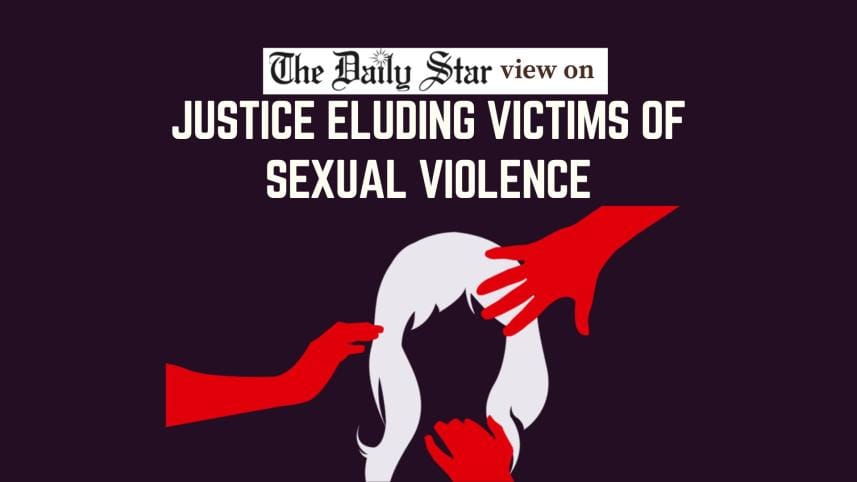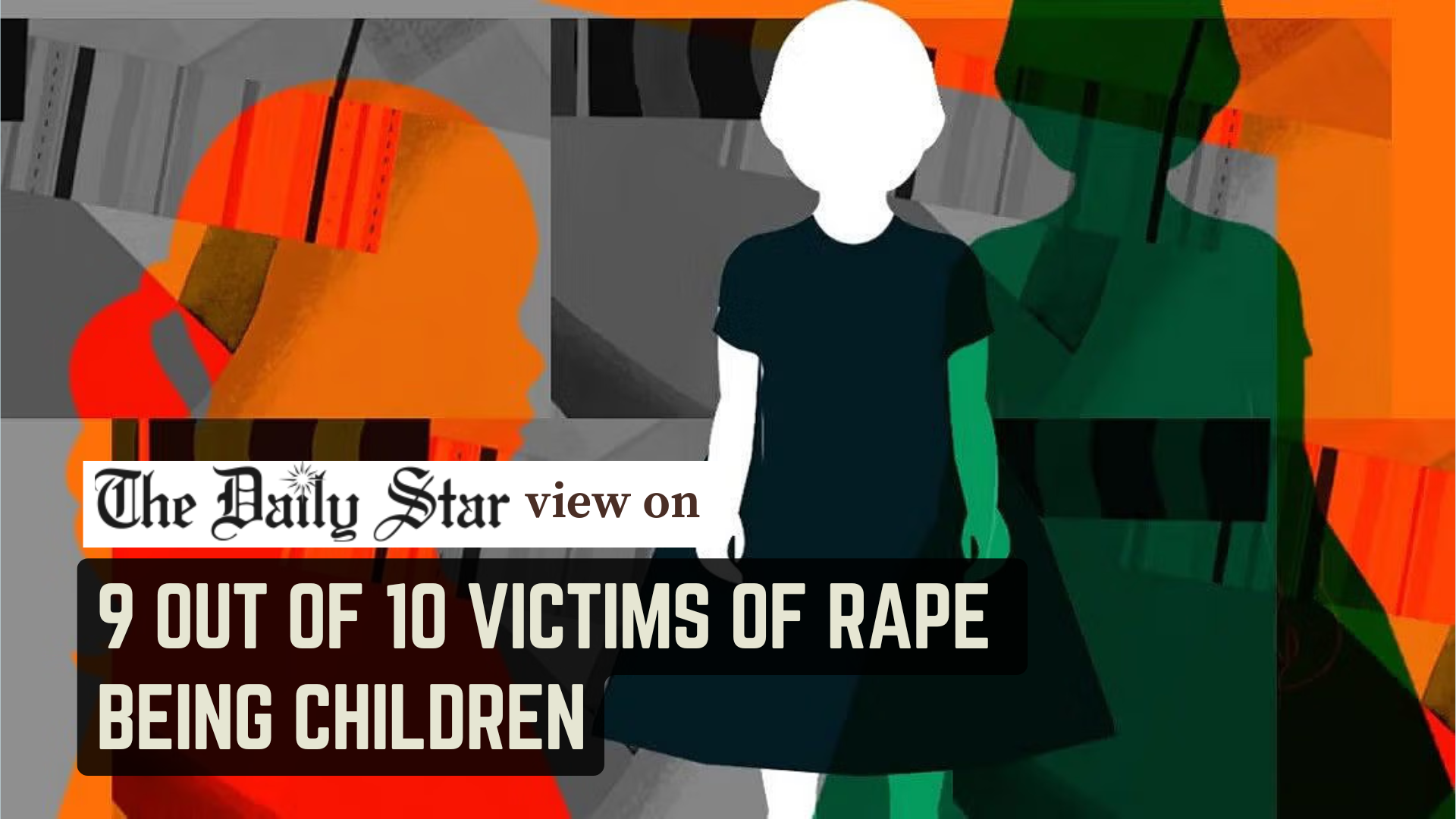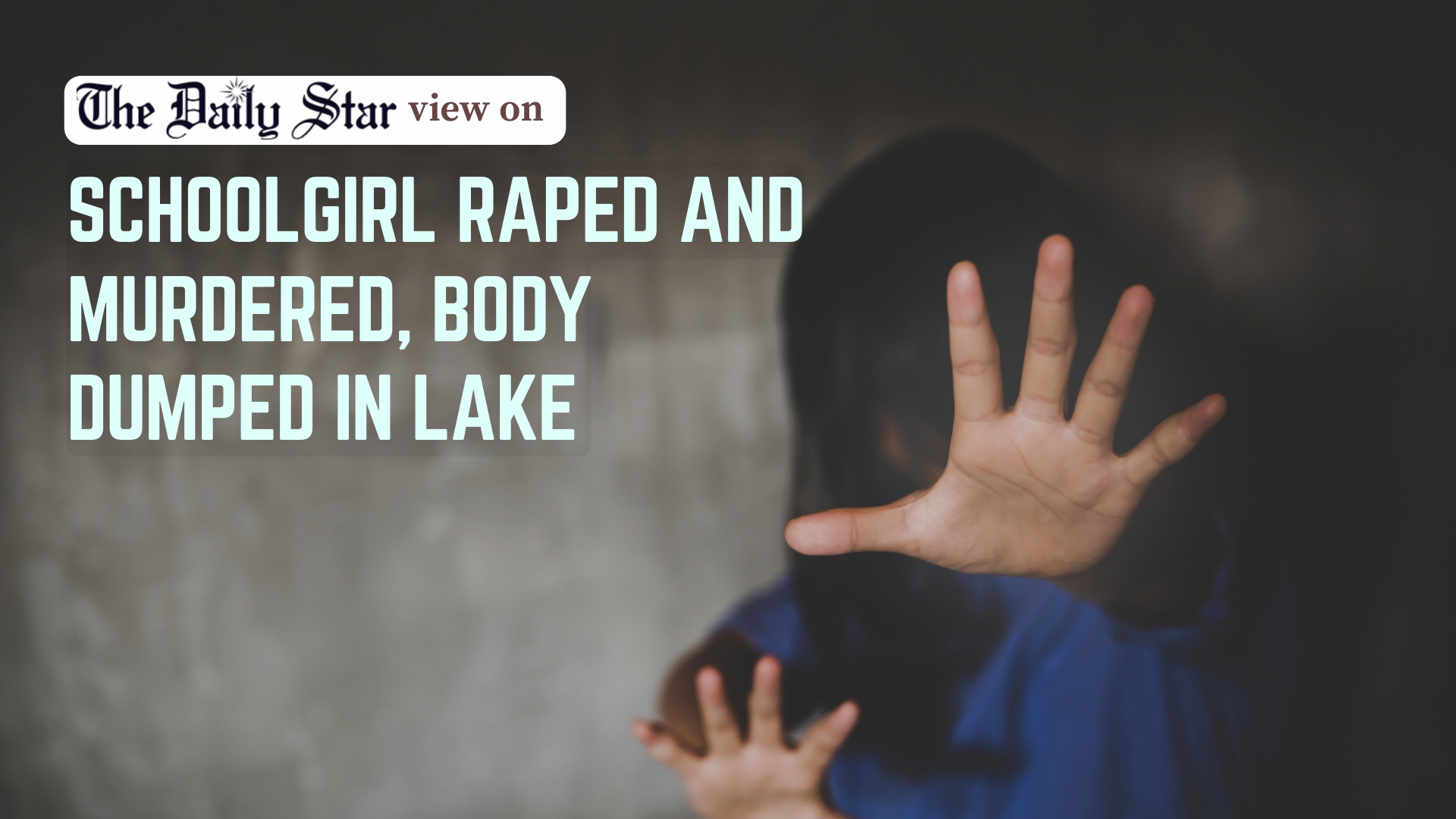When justice fails the vulnerable

It is hard to imagine the shock and trauma a 25-year-old woman experienced when she saw the person who raped her at the tender age of five walk free, due to numerous loopholes in the country's justice-seeking process that failed to provide sufficient evidence. According to a report in this daily, 20 years ago, she was found in a pool of blood at her neighbour's house, screaming in pain. The neighbour was caught by the locals, handed over to the police, and a rape case was filed against him. On July 21 this year, he was acquitted by the court due to insufficient evidence. Sadly, the existing data on conviction and punishment rates of crimes committed against women and children in this country indicates that this woman is not the only one failed by our justice system. There are thousands of others who wait for years, only to never receive justice—or even the hope of it.
To put this in perspective, between January and August this year, the conviction rate for crimes against children was only 0.52 percent, with a punishment rate of just 0.30 percent. For crimes committed against women, the conviction rate during the same period was 2.61 percent and the punishment rate 1.44 percent. These rates are abysmally low compared to the overall conviction rate for all crimes nationwide. In 2023, the conviction rate for child-related and women-related cases was 0.48 percent and 5.06 percent, respectively, while the overall conviction rate for all criminal cases was 28 percent.
When viewed alongside recent reports of child rape, the impact of low conviction rates becomes stark. According to Ain o Salish Kendra, child rape cases surged by nearly 75 percent in the first seven months of 2025 compared to the same period last year. This suggests that low conviction rates may embolden criminals, knowing they are unlikely to face consequences. A similar trend exists in crimes against women. This year, 10,475 such cases have been filed. Yet, convictions have occurred in only 273 cases, with just 331 accused punished. Rarely do convictions happen within a year. When they do, not all accused are held accountable. The situation is worse for women and children from marginalised and ethnic communities, as we have noted before in this column.
The reasons for these low conviction rates are well-known. Lengthy legal processes and severe case backlogs at the courts often discourage survivors and families from pursuing justice. Additionally, uncooperative police, poor investigations, and the lack of safe homes for survivors and witnesses contribute to the problem. Social stigma and the influence of powerful perpetrators also force many families to withdraw cases or settle out of court, particularly in rape cases. What's urgently needed is comprehensive, sustained action: proper budget allocation, more judges and prosecutors, training and monitoring of law enforcers, better evidence collection, courtroom technology, and public campaigns to fight victim-blaming. Above all, what is urgently needed is the political will to act.



 For all latest news, follow The Daily Star's Google News channel.
For all latest news, follow The Daily Star's Google News channel. 

Comments